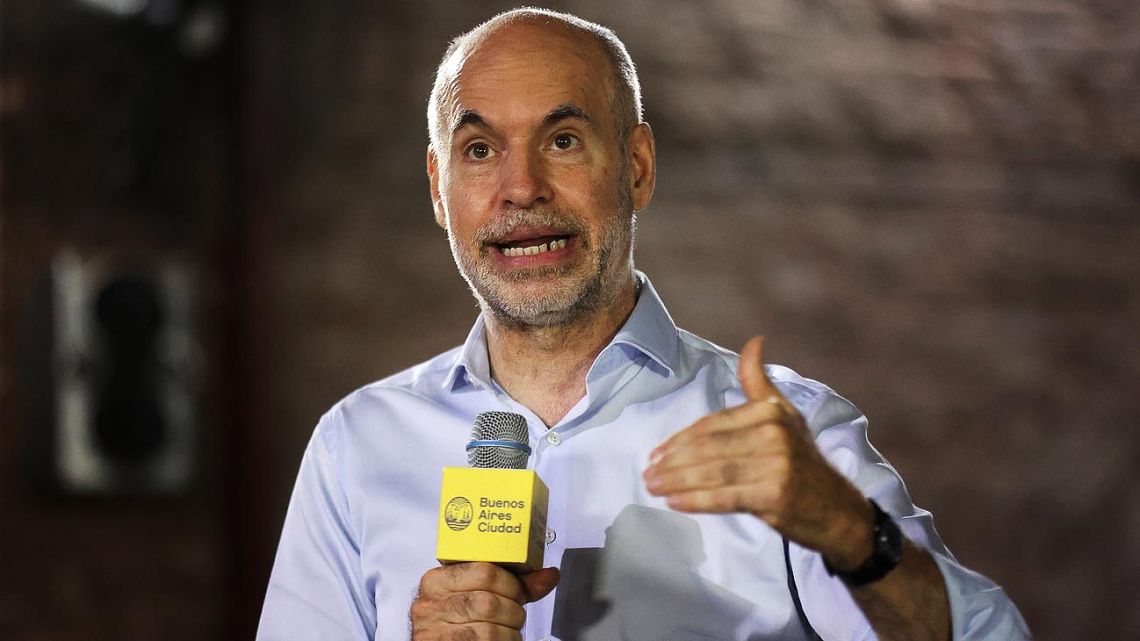Redpossum
Registered
- Joined
- Mar 20, 2014
- Messages
- 3,046
- Likes
- 3,156
Looking at the reasons why anything in Argentina requires going back at least 100 years.I like how instead of looking at the reasons why nobody wants to lease their apartments, they just put laws to force you to lease.
Don't believe me? Search the name Hipolito Yrigoyen and see how often it has come up in these forums.
In Argentina's defense, however, look at what's happening in the housing market in the USA, and ask yourself if understanding the reasons why is simple, and how far back you'd have to go to explain it. At the very least you'd have to go back 40 years to Reagan's destruction of PATCO and subsequent union-busting. More realistically, the end of the Golden Age of the middle class in America began after the murder of JFK in 1963.




